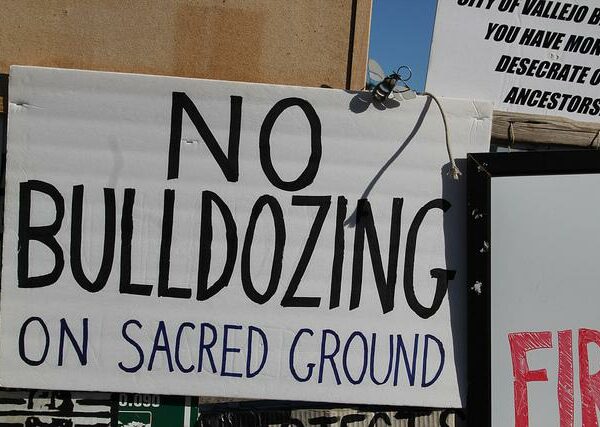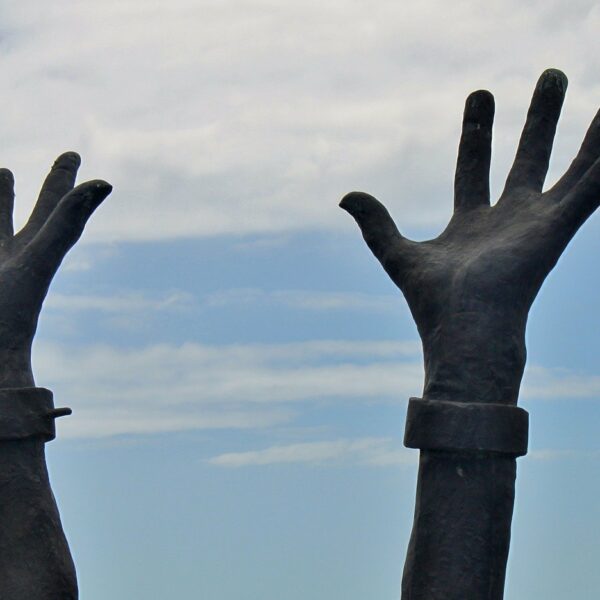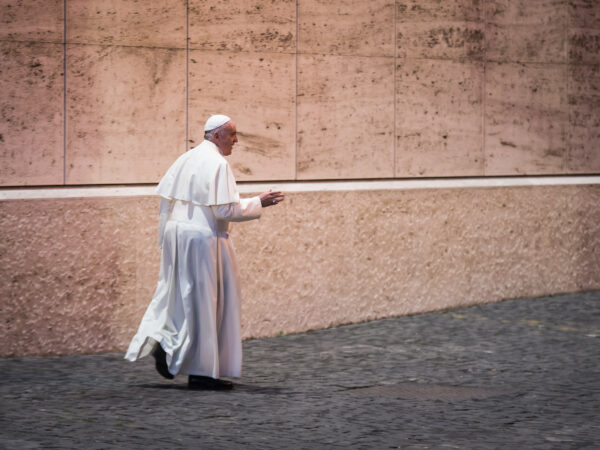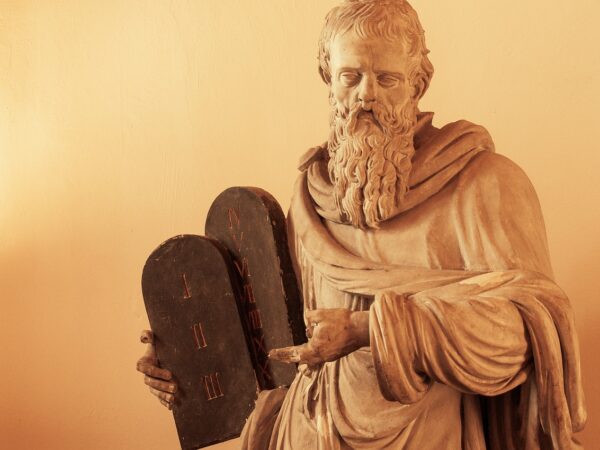
In the post-secular world [Dick] envisions, religion has fully capitulated to the allure of the marketplace. As these perky commercials are meant to indicate, Dick expects humankind, circa 1992, to seek (and find!) redemption not in its devotion to (and fear of) otherworldly deities, nor in the afterlives these deities gatekeep for their favorites, but in its reverence for nifty consumer wonder products: beer, brassieres, plastic wrap, razors, etc.

We were not made for the capitalist subjection that characterizes our lives. The gift of the Sabbath serves us in the present by contesting work’s overlordship and disrupting the social controls by which capitalist hegemony maintains itself.

If we are willing to listen to those standing around without work, however, a new possibility emerges. Why are they standing around without work? “Because no one has hired us,” they reply (Matthew 20:7). They aren’t lazy, they’re desperate enough to stand around all day waiting for work. The laborers are many; the jobs are few.

The subtlety and poetry of Nancy’s language can mask the rigor and the urgency of his thinking. I hope to share that rigor and urgency here, particularly as it relates to global capitalism, Christianity, and ontology.

Is wealth the opposite of Christianity? Is profit antithetical to the kin-dom of God? A look into Franciscan friar Luca Pacioli’s accounting process – now called reconciliation accounting – reveals that despite Jesus’ words, the practice of Christians in the Western world has emphatically answered: no, they get along just fine. It is high time for a Christianity, guided by Mark 10:17–31, that is unreconciled with wealth.

By spiritualizing place, and thereby transmogrifying place-based identities into racialized ones, Christianity cooperated with the machinations of settler-colonial capitalism in its world-making project. Thus, returning to a consideration of land as one location of God’s action is basic work for any political theology that aspires to move in a decolonial direction.





